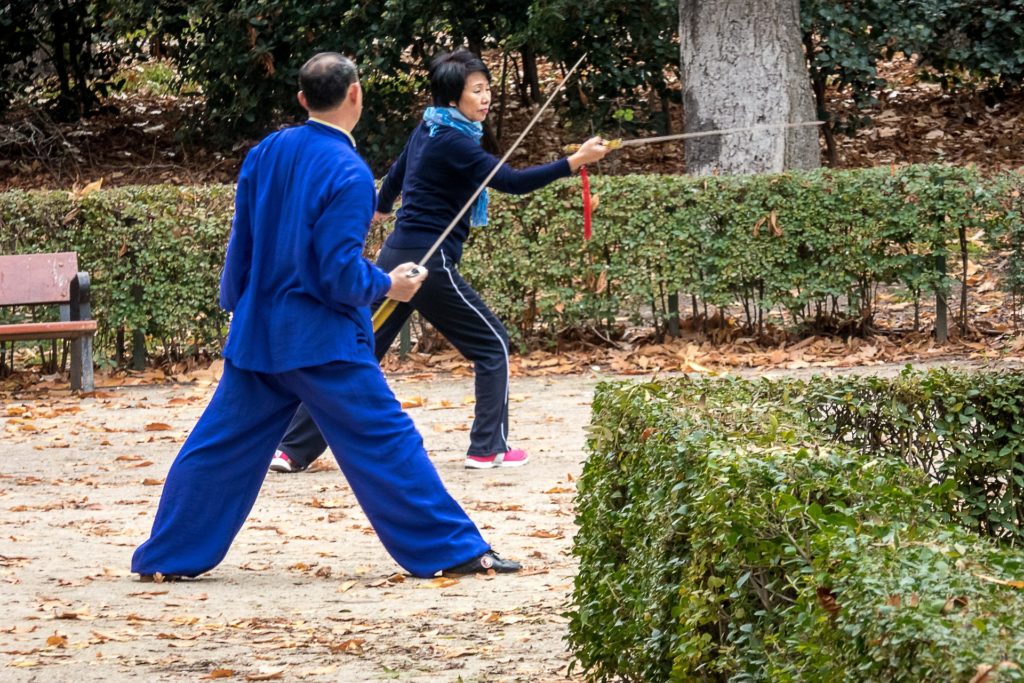
Mild cognitive impairment (MCI), the transition period before dementia, have shown a tendency to go hand-in-hand with Type 2 diabetes (T2D); about 45% of individuals with T2D also have MCI. Tai Chi Chuan is an increasingly popular multimodal mind-body exercise consisting of slow, deliberate physical movements combined with meditative practices. Researchers from the Fujian University of Traditional Chinese Medicine have found using 24-form simplified Tai Chi Chuan shows increased cognitive function and physical markers in those with T2D and MCI over a traditional fitness walking group over a 36-week time period, making Tai Chi Chuan a potentially viable exercise program to reduce effects of T2D and subsequently, MCI leading to dementia.
Researchers found after 36 weeks the Tai Chi Chuan group displayed more markers of improvement than the fitness walking group and control group, though notable differences between the groups were not yet seen after 24 weeks, indicating improvement in biomarkers and cognition may not occur until after this point.
This study has found that Tai Chi Chuan is is more effective than fitness walking in improving global cognition for older adults with T2D and MCI, which we think is important for the public to learn and has clinical reference significance for the healthcare staff.
All groups were given an educational seminar on managing T2D and the benefits of diet and exercise for improving the condition. Participants in each group, except the control group which had no change in lifestyle, performed either Tai Chi Chuan or fitness walking for 60 minutes each time three times a week under the instruction and supervision of a medical health professional.
Changes were measured initially to get a baseline, and at the 24-week mark and 36-week mark using fasted blood glucose levels and other metabolic markers along with measuring Montreal Cognitive Assessment (MoCA) scores to determine cognitive function comparable to a global scale. MoCA is on a scale of 0-30, with a higher score indicating higher cognitive function. By the end of the 36-week study, the tai chi group had an average 3.29 point improvement in MoCA score compared to the baseline. The fitness walking group only improved by 2.32 points, with improvement slowing dramatically between the 24 and 36-week period with a 0.29 point increase compared to a -0.68 point increase in the Tai Chi Chuan group.
The ultimate goal is to establish a more scientific Tai Chi Chuan training program for the older adults with T2D and MCI and decrease the incidence of progression to dementia in this population.
Further research is needed to reach this goal. A limitation of the study is the short follow-up period after the study was over, which does not give information on the longevity of this type of treatment. Additionally, since both activity groups were also given educational seminars on the benefits of exercise, this could have introduced a bias into the study. Fortunately, researchers did report a high adherence rate to the exercises after the study concluded.
Studying the effects of Tai Chi Chuan on a larger sample size with fewer restrictions can help gain insight into the possible benefits of the exercise that may extend to other groups of people that do not meet the narrow criteria of the original study, but would benefit from interventions that promote better physical and cognitive health.